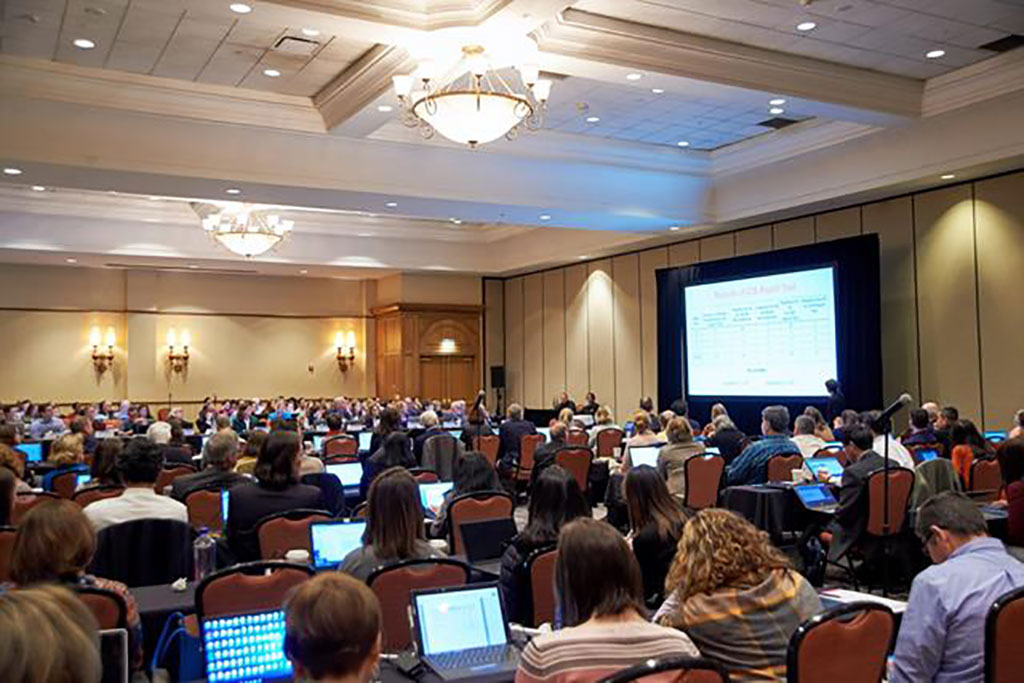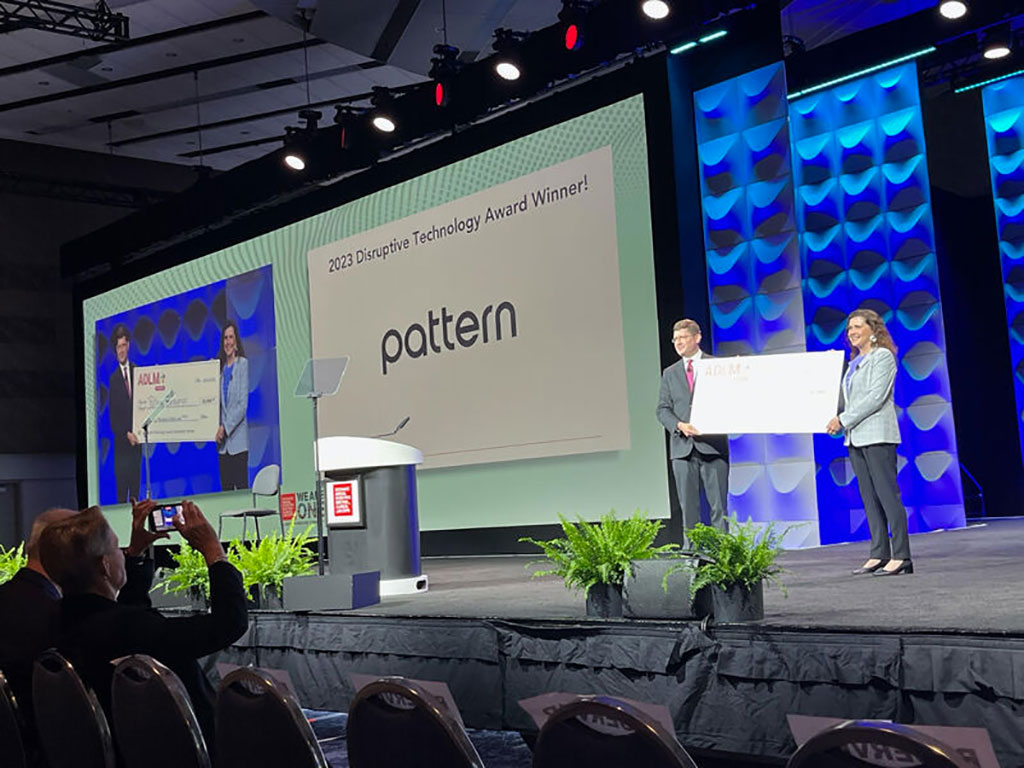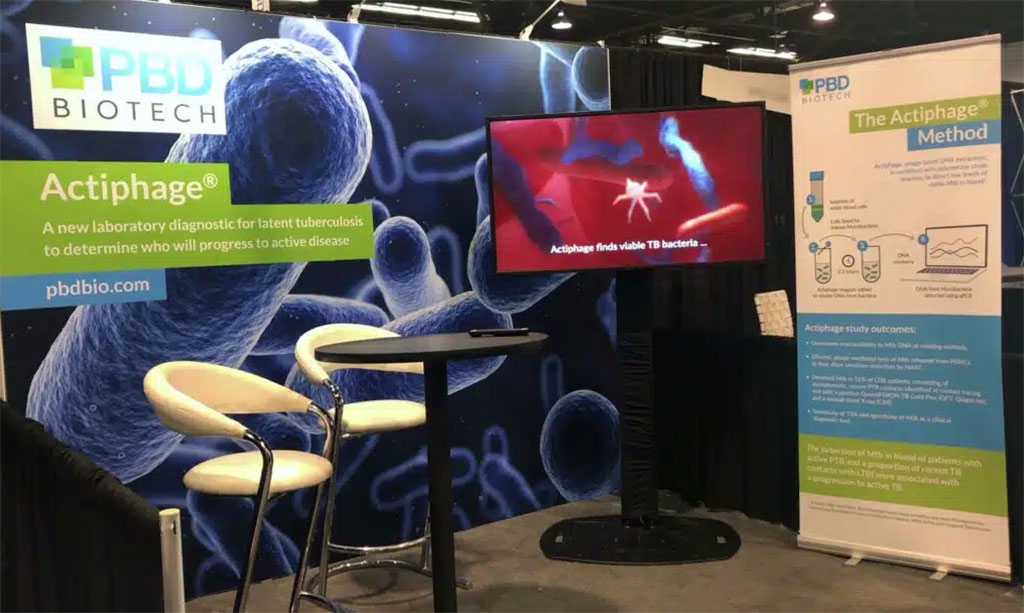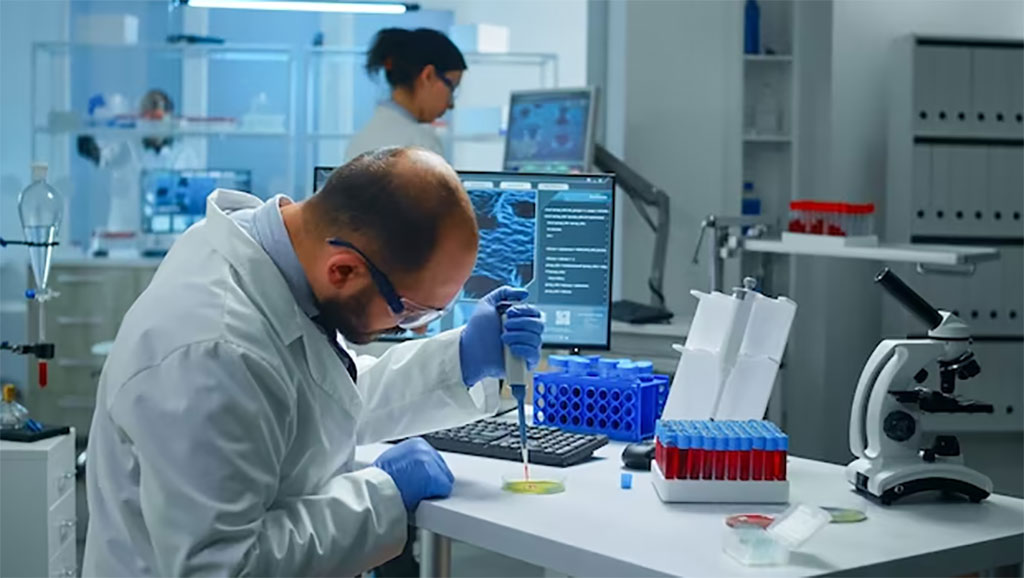Scientific Session Explores Role of Technology in New Era of Specimen Transport
Posted on 27 Jul 2023
Regardless of a lab's scale or complexity, patient samples require transportation prior to testing. From moving specimens across a room to shipping them globally, all labs inevitably encounter challenges at some point. The AACC 2023 session titled "Advances in Courier, Drone, and Automated Laboratory Transport" empowered attendees with the understanding of how issues and inefficiencies in sample transport could impact test results. Moreover, the session also threw light on how emerging technologies can be harnessed to streamline testing and maintain specimen quality.
Session moderator Joe Wiencek, Ph.D. from the Vanderbilt University School of Medicine (Nashville, TN, USA) argued that despite the critical role of patient specimens in testing, the sector hasn't paid adequate attention to specimen transport conditions. At his institution, Wiencek has employed innovative devices to record conditions during specimen transport, such as temperature, humidity, and G-forces. He expressed considerable concern over the practice at external collection sites of storing samples in outdoor lockboxes while waiting for courier pick-up, particularly given the intense heat in his region. However, in the absence of benchmarks and standards for specimen transport, it's challenging for laboratories to take proactive steps. Wiencek shared plans for new Clinical and Laboratory Standards Institute (CLSI, Berwyn, PA, USA) documents that address specimen preanalytics, particularly PRE-06 Evaluation of External Transport Systems, which he is co-authoring. The attendees left the session equipped with a set of tools to overcome their sample transport hurdles.

Timothy Amukele, MD, from ICON Clinical Research (Farmingdale, MD, USA) expanded the discussion about external sample transport by introducing the concept of medical drone transport. While medical drones might seem like a concept straight out of a science fiction novel for some, they are very much a reality in certain parts of the world. Dr. Amukele highlighted how African governments are leading the charge in harnessing these technologies effectively. He cited the example of Rwanda, where drones are used to deliver life-saving blood products to remote hospitals, along with similar implementations in other countries. Dr. Amukele believes that these success stories are noteworthy and succeeded in convincing the attendees of the viability of medical drones in specimen transportation.
However, the application of drone transportation isn't limited to isolated regions. There's considerable interest in deploying this technology in densely populated urban areas as well. Dr. Amukele shared his personal experience of spearheading a medical drone research team in the United States, shedding light on the steps required to establish a medical drone transport network. He stressed that medical drones have already shown their worth in real-world applications and expressed his wish to see their usage further expand within laboratory practice.
Jonathan Genzen, MD, Ph.D., from ARUP Laboratories (Salt Lake City, UT, USA) shifted the focus of the discussion to sample transportation and automation within healthcare facilities and laboratories. His objective at his institution is to automate routine, non-value-adding steps in the testing process, thereby allowing professionals to concentrate on complex tasks that demand human expertise. Genzen recounted his experiences in integrating automated intelligent vehicles for sample transportation. These non-track-based mobile robots are suitable for specimen distribution and are equipped with sensors to navigate their surroundings, avoiding collisions with objects and individuals. He also discussed lessons in automation derived from the COVID-19 pandemic. Attendees gained insights into how they can modernize their specimen transport procedures. Genzen emphasized that labs can implement simple, easy improvements to reap substantial benefits from minimal investments.
Related Links:
Vanderbilt University
ICON Clinical Research
ARUP Laboratories
CLSI













